Combination treatment of berberine and solid lipid curcumin particles increased cell death and inhibited PI3K/Akt/mTOR pathway of human cultured glioblastoma cells more effectively than did individual treatments
Por um escritor misterioso
Last updated 12 julho 2024
The treatment of glioblastoma is challenging for the clinician, due to its chemotherapeutic resistance. Recent findings suggest that targeting glioblastoma using anti-cancer natural polyphenols is a promising strategy. In this context, curcumin and berberine have been shown to have potent anti-cancer and anti-inflammatory effects against several malignancies. Due to the poor solubility and limited bioavailability, these compounds have limited efficacy for treating cancer. However, use of a formulation of curcumin with higher bioavailability or combining it with berberine as a co-treatment may be proving to be more efficacious against cancer. Recently, we demonstrated that solid lipid curcumin particles (SLCPs) provided more bioavailability and anti-cancer effects in cultured glioblastoma cells than did natural curcumin. Interestingly, a combination of curcumin and berberine has proven to be more effective in inhibiting growth and proliferation of cancer in the liver, breast, lung, bone and blood. However, the effect of combining these drugs for treating glioblastoma, especially with respect to its effect on activating the PI3K/Akt/mTOR pathways has not been studied. Therefore, we decided to assess the co-treatment effects of these drugs on two different glioblastoma cell lines (U-87MG and U-251MG) and neuroblastoma cell lines (SH-SY5Y) derived from human tissue. In this study, we compared single and combination (1:5) treatment of SLCP (20 μM) and berberine (100 μM) on measures of cell viability, cell death markers, levels of c-Myc and p53, along with biomarkers of the PI3K/Akt/mTOR pathways after 24–48 h of incubation. We found that co-treatment of SLCP and berberine produced more glioblastoma cell death, more DNA fragmentation, and significantly decreased ATP levels and reduced mitochondrial membrane potential than did single treatments in both glioblastoma cells lines. In addition, we observed that co-treatment inhibited the PI3K/Akt/mTOR pathway more efficiently than their single treatments. Our study suggests that combination treatments of SLCP and berberine may be a promising strategy to reduce or prevent glioblastoma growth in comparison to individual treatments using either compound.
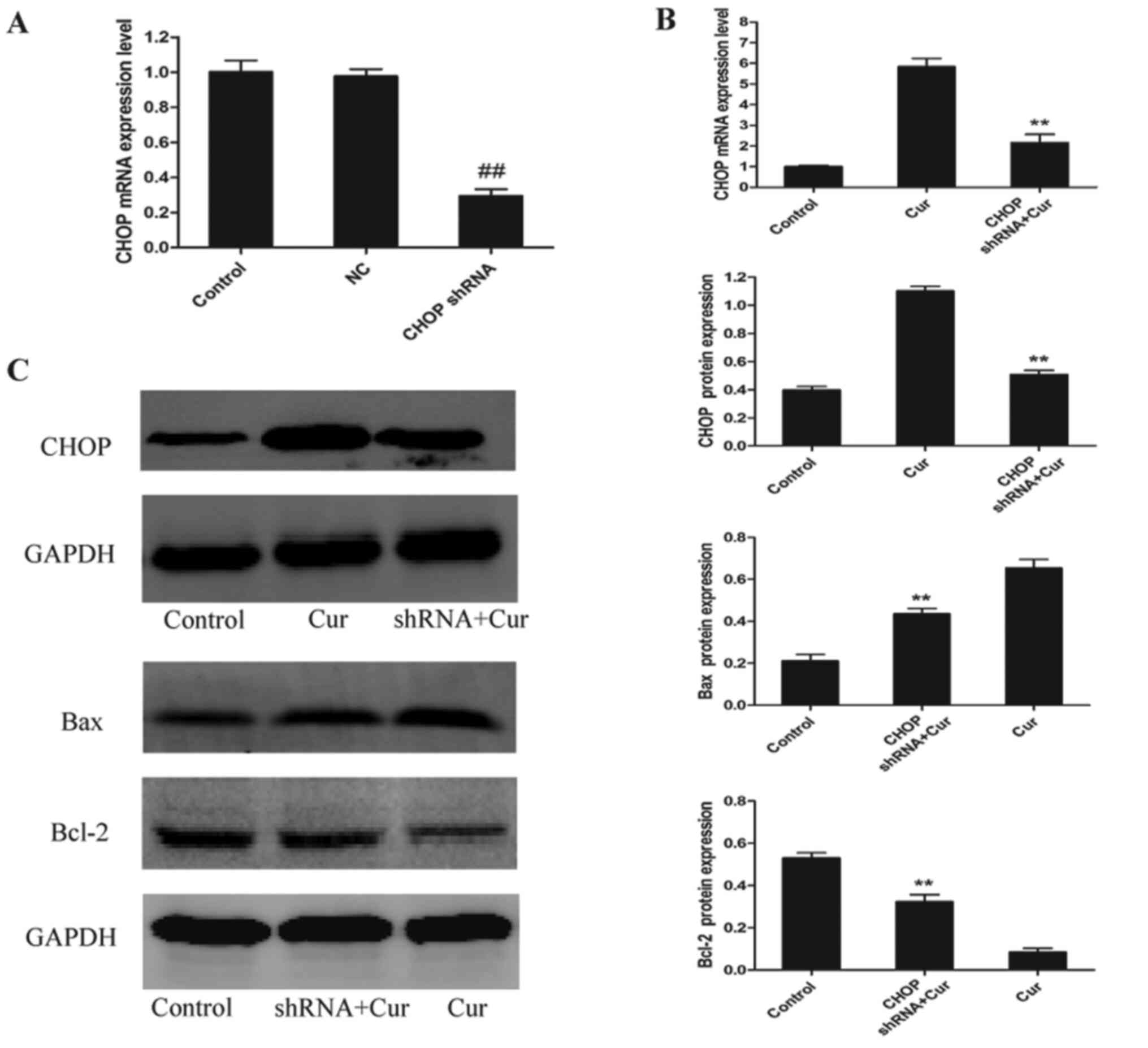
Curcumin induces apoptosis and inhibits the growth of adrenocortical carcinoma: Identification of potential candidate genes and pathways by transcriptome analysis
Effects of resveratrol, curcumin, berberine and other nutraceuticals on aging, cancer development, cancer stem cells and microRNAs

Detection of apoptosis in curcumin-treated neuroblastoma cells. Kelly

Phytotherapy Research, Medicinal Chemistry Journal
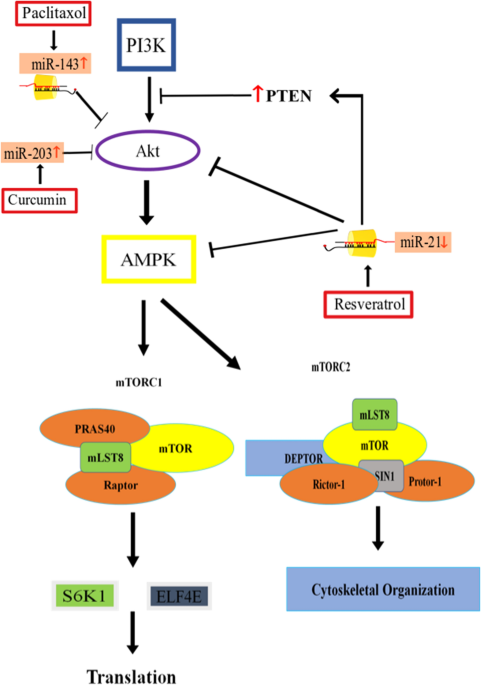
Resveratrol, curcumin, paclitaxel and miRNAs mediated regulation of PI3K/Akt /mTOR pathway: go four better to treat bladder cancer, Cancer Cell International

PDF) Combination treatment of berberine and solid lipid curcumin particles increased cell death and inhibited PI3K/Akt/mTOR pathway of human cultured glioblastoma cells more effectively than did individual treatments
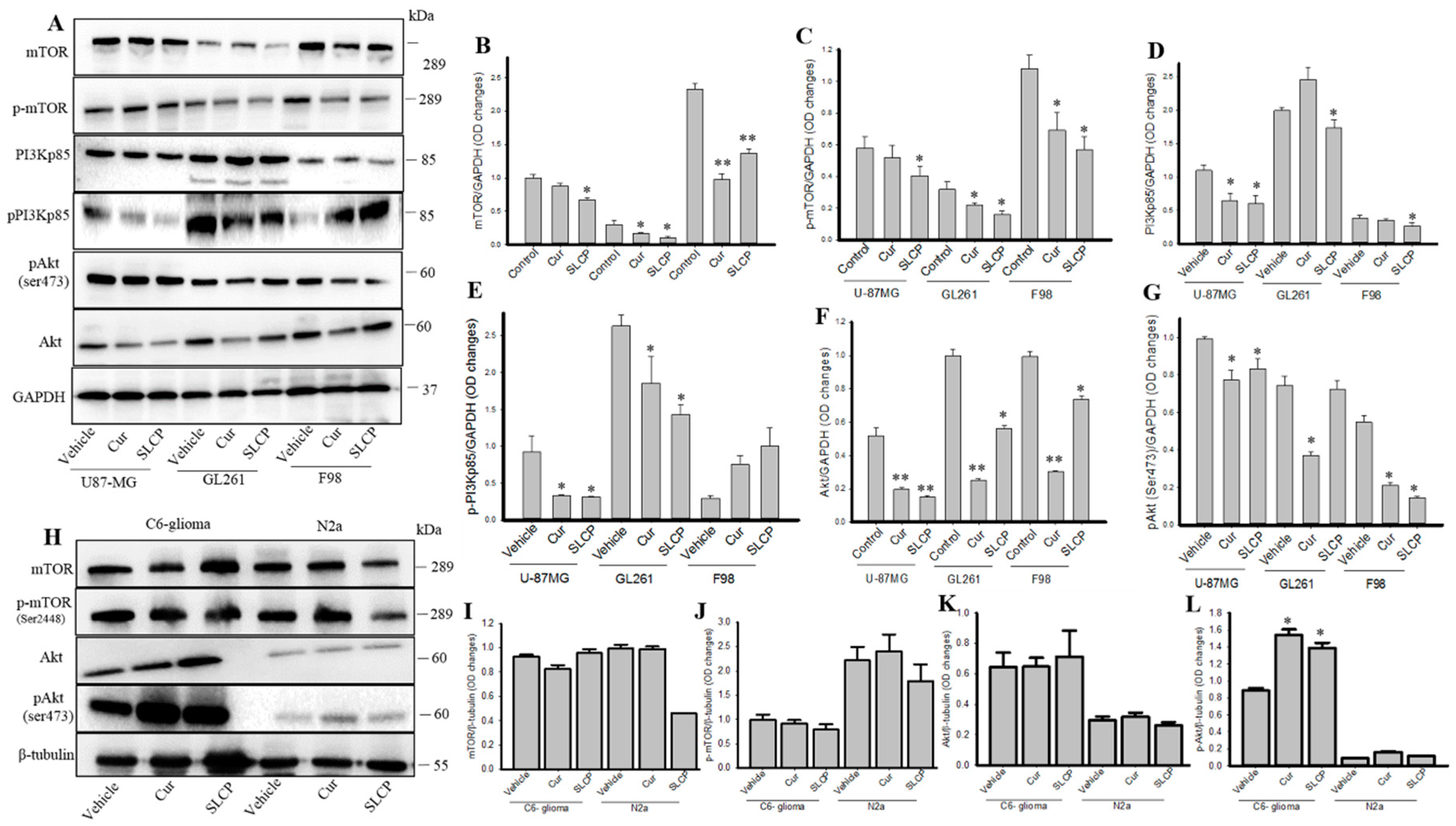
IJMS, Free Full-Text

Curcumin suppresses glioblastoma cell proliferation by p-AKT/mTOR pathway and increases the PTEN expression - ScienceDirect
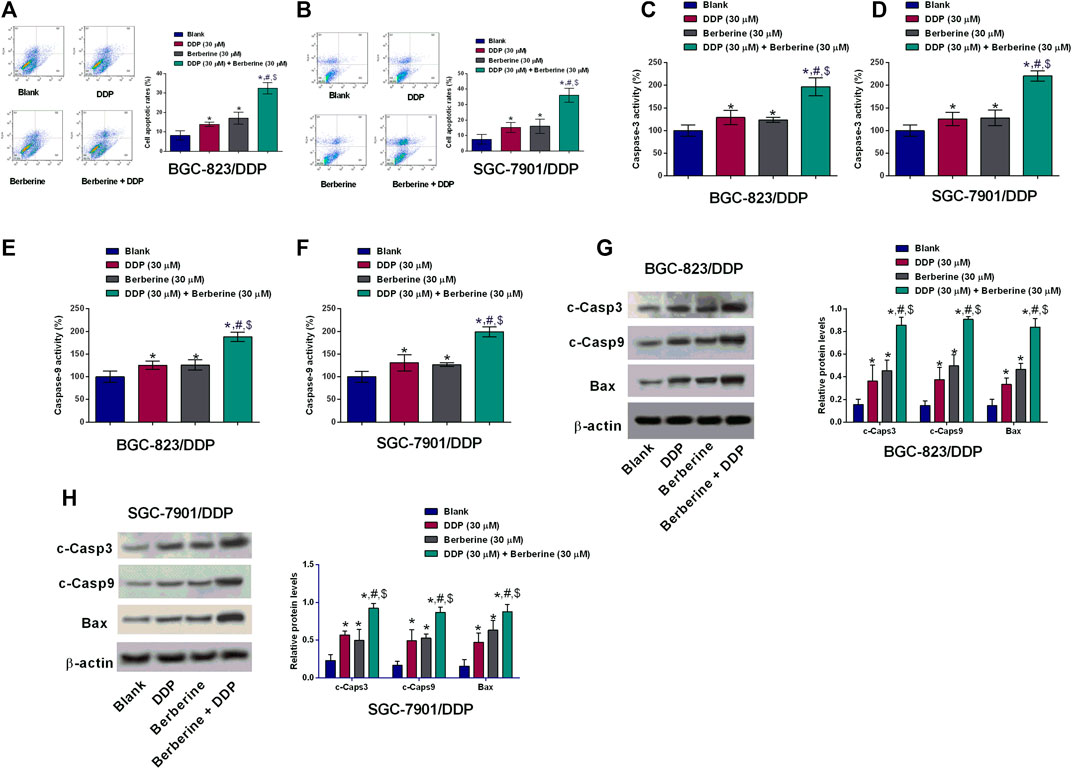
Frontiers Berberine Improves Chemo-Sensitivity to Cisplatin by Enhancing Cell Apoptosis and Repressing PI3K/AKT/mTOR Signaling Pathway in Gastric Cancer

Therapeutic potential and limitations of curcumin as antimetastatic agent - ScienceDirect

Curcumin induces mitochondrial apoptosis in human hepatoma cells through BCLAF1-mediated modulation of PI3K/AKT/GSK-3β signaling - ScienceDirect
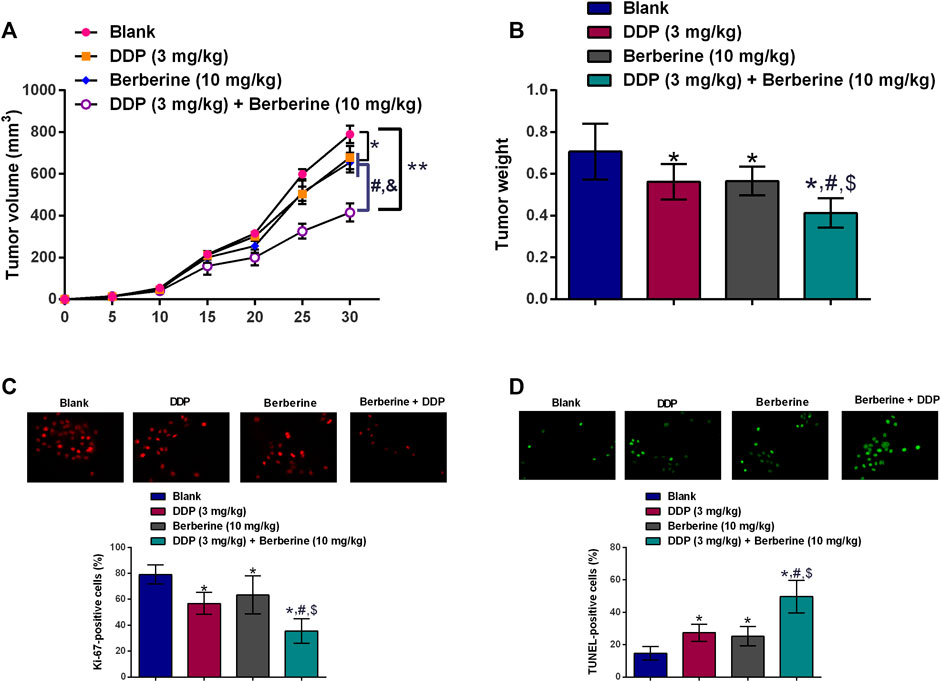
Frontiers Berberine Improves Chemo-Sensitivity to Cisplatin by Enhancing Cell Apoptosis and Repressing PI3K/AKT/mTOR Signaling Pathway in Gastric Cancer

PDF] Solid Lipid Curcumin Particles Induce More DNA Fragmentation and Cell Death in Cultured Human Glioblastoma Cells than Does Natural Curcumin
Recomendado para você
-
Steam Workshop::SCP Foundation / Stealthy faction12 julho 2024
-
 Green River Basin – Coyote Gulch12 julho 2024
Green River Basin – Coyote Gulch12 julho 2024 -
 Control charts for total digging losses (TDL). a) Individual value12 julho 2024
Control charts for total digging losses (TDL). a) Individual value12 julho 2024 -
 x1_c80143x1x1.jpg12 julho 2024
x1_c80143x1x1.jpg12 julho 2024 -
 CYELEE Wolf Pro… #cyeleewolfpro #pistolsights #rmr12 julho 2024
CYELEE Wolf Pro… #cyeleewolfpro #pistolsights #rmr12 julho 2024 -
 High-Performance 4-Port L2 Managed Switch with PoE12 julho 2024
High-Performance 4-Port L2 Managed Switch with PoE12 julho 2024 -
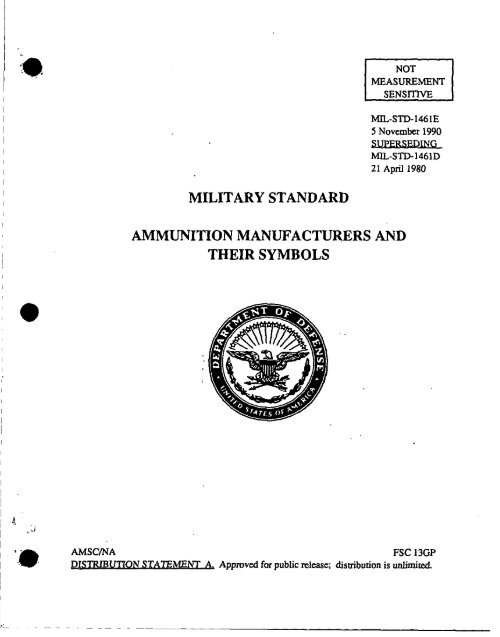 m - GIG Concepts Publications12 julho 2024
m - GIG Concepts Publications12 julho 2024 -
/i.s3.glbimg.com/v1/AUTH_59edd422c0c84a879bd37670ae4f538a/internal_photos/bs/2023/t/D/ZOnIAZRO6j4jbJ44MXAw/whatsapp-image-2023-11-07-at-11.56.16.jpeg) Chuva apaga incêndio na Apa Alter do Chão; imagens de satélite mostram evolução das chamas, Santarém e Região12 julho 2024
Chuva apaga incêndio na Apa Alter do Chão; imagens de satélite mostram evolução das chamas, Santarém e Região12 julho 2024 -
 Electrochemical Portable Method for on site Screening of12 julho 2024
Electrochemical Portable Method for on site Screening of12 julho 2024 -
 SCP-1000 - SCP Foundation12 julho 2024
SCP-1000 - SCP Foundation12 julho 2024
você pode gostar
-
 Pool Club 8, 9 Balls Billiards by Thanh Dang12 julho 2024
Pool Club 8, 9 Balls Billiards by Thanh Dang12 julho 2024 -
 Make Or Break For Flamengo As They Host Santos In Brasileirão Clash12 julho 2024
Make Or Break For Flamengo As They Host Santos In Brasileirão Clash12 julho 2024 -
 Princess Summer Fashion - Jogos na Internet12 julho 2024
Princess Summer Fashion - Jogos na Internet12 julho 2024 -
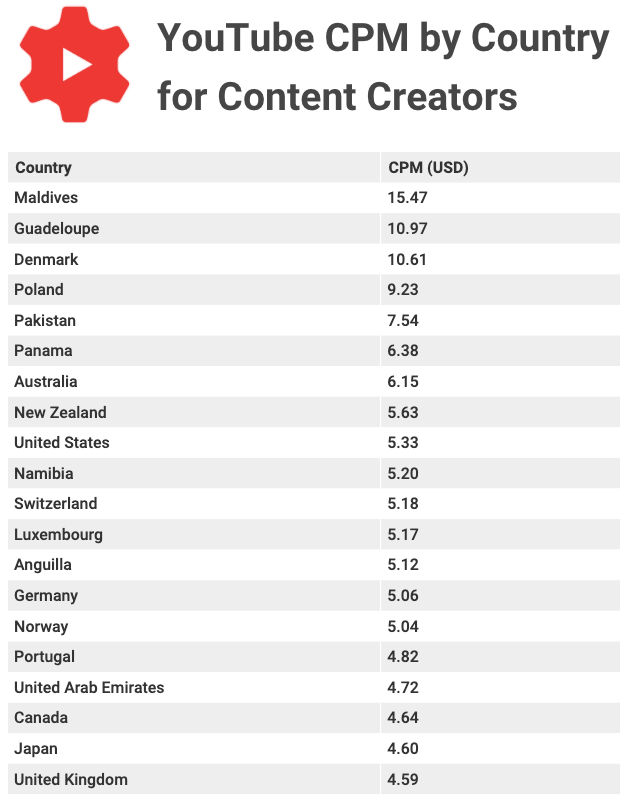 Welcome The New Of 2020. Well, who doesn't know ? What…, by Nitish Menon, ILLUMINATION12 julho 2024
Welcome The New Of 2020. Well, who doesn't know ? What…, by Nitish Menon, ILLUMINATION12 julho 2024 -
 Conqueror's Blade: Paragons Patch Notes - Conqueror's Blade12 julho 2024
Conqueror's Blade: Paragons Patch Notes - Conqueror's Blade12 julho 2024 -
 Video Game Pokemon: Black and White 2 HD Wallpaper12 julho 2024
Video Game Pokemon: Black and White 2 HD Wallpaper12 julho 2024 -
 40,000+ of the Best Free 4K Wallpaper Images - Pixabay12 julho 2024
40,000+ of the Best Free 4K Wallpaper Images - Pixabay12 julho 2024 -
 Air Fryer Hot Dogs - Dinners, Dishes, and Desserts12 julho 2024
Air Fryer Hot Dogs - Dinners, Dishes, and Desserts12 julho 2024 -
 Chrono Cross on X: We're launching an update for Chrono Cross: The Radical Dreamers Edition. / X12 julho 2024
Chrono Cross on X: We're launching an update for Chrono Cross: The Radical Dreamers Edition. / X12 julho 2024 -
 Looper Guide - IGN12 julho 2024
Looper Guide - IGN12 julho 2024
